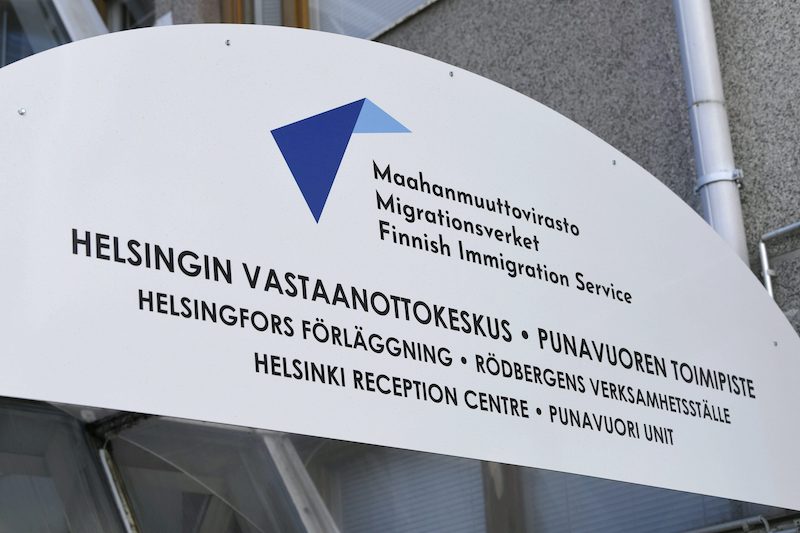Key Takeaways:
- Finland is rejecting asylum applications from Russians fleeing mobilization, claiming the end of partial mobilization in Russia.
- Human rights organizations argue the decision ignores the risk applicants still face due to Russia’s unclear mobilization policies.
- Applicants are left in uncertainty, with some appealing decisions while others seek alternative residency options.
- The case reflects broader challenges in balancing national security and humanitarian responsibilities.
Finland, a nation known for its commitment to human rights, has taken a controversial stance on asylum applications from Russian citizens fleeing military mobilization. Since October 2024, the Finnish Immigration Service (Migri) has systematically rejected these applications, citing the “official end” of Russia’s partial mobilization. However, the reality is far more complex.
The Context: Why Are Russians Fleeing?
In 2022, Russia launched its military offensive in Ukraine, accompanied by a partial mobilization that forced thousands into conscription. Men of fighting age began fleeing the country, fearing deployment to the frontlines under often harsh and unsafe conditions. For many, Finland was a natural refuge—a neighboring EU state offering stability and safety.
But in late 2024, Finland shifted its approach. Officials argued that with Russia’s mobilization officially “over,” the basis for granting asylum was no longer valid. This decision, however, overlooks the opaque nature of Russian governance. The decree initiating mobilization included secret clauses, and no public document officially ended the policy. Critics argue this leaves every eligible male at risk of being summoned without warning.
Human Lives in Limbo
For applicants like Yaroslav (name changed for security), the stakes are personal. Yaroslav received a military summons before fleeing Russia and applied for asylum in Finland, hoping for safety. In October 2024, his application was denied. He now plans to appeal, explaining, “In Russia, laws mean nothing. Today, you’re free; tomorrow, you’re on a train to the front.”
Yaroslav’s case is not unique. Human rights organizations report multiple rejections, all of which are being appealed. Some applicants find alternative routes to stay—student or work visas—but many face the grim prospect of deportation back to Russia, where their future is uncertain at best and life-threatening at worst.
Finland’s Position: A Dilemma of Sovereignty
Finland defends its actions as necessary to maintain the integrity of its asylum system and manage migration effectively. Officials argue that asylum cannot be granted based solely on general fears of mobilization; each case must demonstrate a direct, personal risk. While this position aligns with international asylum laws, critics argue it is overly rigid in light of Russia’s unique political context.
Russia’s mobilization is not a standard legal process. It operates under a shroud of secrecy, with unclear limits and no formal closure. Finland’s assumption that the risk has passed ignores the reality on the ground, where arbitrary conscription remains a threat.
The Moral Question
This situation raises a critical moral dilemma: How should nations balance their right to control borders with their humanitarian obligations to protect vulnerable individuals? Finland has every right to regulate migration and ensure its asylum system is not misused. However, denying protection based on an unverified claim of safety in Russia risks putting lives in danger.
In my view, Finland’s policy reflects a broader challenge faced by many countries. As migration pressures increase globally due to conflicts, authoritarian regimes, and climate crises, nations must decide whether to prioritize sovereignty or solidarity. Finland’s current approach leans heavily toward the former, potentially at the expense of its humanitarian principles.
What’s Next?
For the international community, Finland’s actions should serve as a wake-up call. The EU must work collectively to address asylum cases involving individuals fleeing politically unstable regimes. This includes providing clearer guidelines for evaluating risks in opaque systems like Russia’s.
Additionally, Finland must ensure that each case is assessed with the nuance and care it deserves. Lives are at stake, and the decision to deny asylum cannot be made lightly. Transparency, collaboration, and a commitment to human rights must remain central to these processes.
As the global spotlight turns to Finland, the nation faces a defining moment. Will it uphold its reputation as a defender of human rights, or will it allow bureaucratic rigidity to overshadow compassion? The answer will shape not only Finland’s legacy but also the broader international response to migration in an increasingly unstable world.
#










